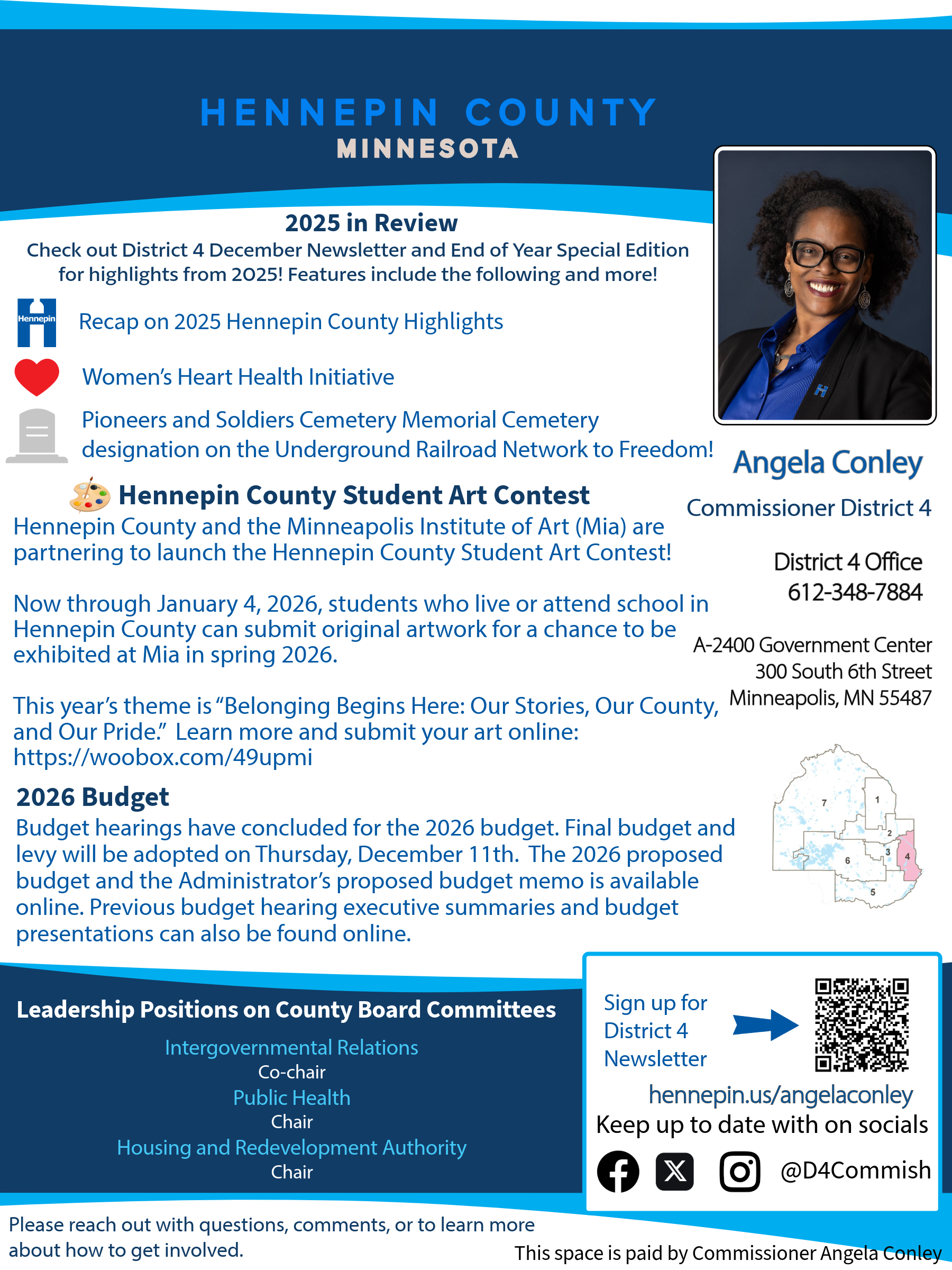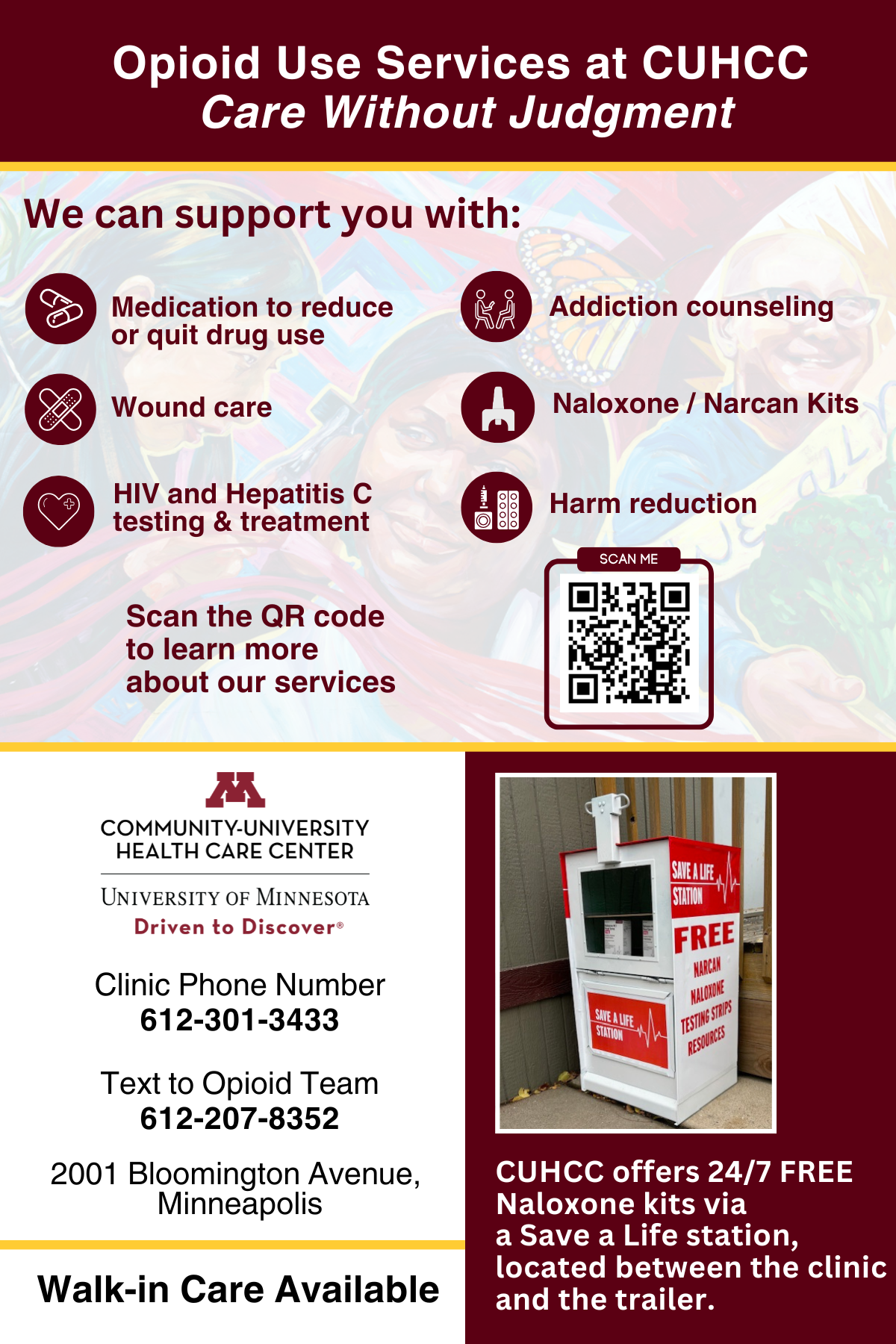Are your finances ready for an emergency?
By AMANDA THEISEN, Sunrise Banks
A financial emergency can strike anywhere, any time. Your car or a home appliance breaks down. A fire or natural disaster damages your home. You or someone you love suffers a medical emergency or life altering diagnosis. The list goes on and on.
During National Preparedness Month in September, organizations encourage us to look at our finances and see how we can better shore them up in case the unthinkable were to happen. Yet, countless surveys show most Americans are not prepared to handle unexpected finances.
According to Bankrate’s latest Annual Emergency Savings Report, 27% of U.S. adults have no emergency savings. More than half say they aren’t comfortable with the amount of money they do have in emergency savings. And more than 1 in 3 Americans have more credit card debt than emergency savings.
The prospect of what to do next may feel overwhelming should you find yourself in a financial emergency. There are things you can do to get through this crisis.
Work With What You Have
The first step is to restructure your current budget. While some expenses are difficult to change, such as mortgage or auto loan payments, there are plenty of areas that you can easily adjust to cut back spending and save money.
Drawing from long term savings, vacation funds, and other savings accounts can help bolster your finances in a pinch. Similarly, if you’re really in a bind, you could consider cashing in on investments. Even if returns may not be as high as you would like, that money could help address your current emergency.
You should only withdraw early from retirement accounts, like a 401(k) or IRA, if absolutely necessary. Unless you meet certain criteria for an approved hardship, there is a 10% penalty for early withdrawals. Draining these accounts can also greatly set you back for retirement.
Supplement Your Income
If your current assets just won’t cover it, look for ways to get more. Consider selling valuables that you don’t need. Things like art, jewelry or antiques may be hard to part with, but that money can carry you through a rough patch. Online marketplaces make selling valuables easy to do.
If selling won’t make a big enough difference, try to boost your income by picking up extra work. Additional part-time or variable hour work can help you quickly boost your cash flow. You could also ask your employer if it can offer an advance on your paycheck to help cover your expenses.
Get Help
You don’t have to face an emergency alone. There are several programs available from the government or local nonprofits to help protect you and your dependents should you need it.
Tools from Sunrise Banks
Sunrise Banks offers several tools to help people of all ages navigate a financial emergency. This includes a budget calculator, a financial wellness assessment and various account options to help you build an emergency fund, when you need it again.
Find the budget calculator and other useful tools at https://sunrisebanks.com/financial-wellness-tools to learn more.
Amanda Theisen is the communications manager for Sunrise Banks (Member FDIC)









